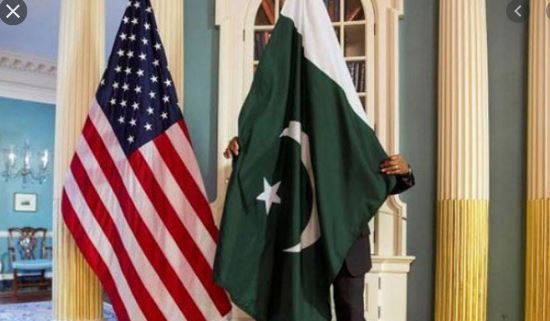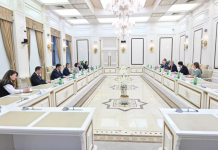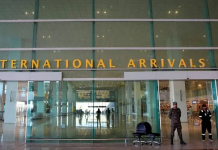Pakistani society is multi-religious and pluralistic with a rich tradition of inter-faith harmony
Naveed Miraj
ISLAMABAD: Pakistan on Wednesday rejected the U.S. State Department’s arbitrary and selective assessment under a U.S. domestic legislation on religious freedom.
The designation of Pakistan as a “country of particular concern” is completely against the realities on the ground and raises serious doubts about the credibility of the exercise.
Spokesman of the Ministry of Foreign Affairs further said, such subjective designations do not contribute towards promoting the cause of religious freedom worldwide. Pakistan and the U.S. have been constructively engaging on the subject at the bilateral level, a fact regrettably overlooked by the U.S.
He said, Pakistani society is multi-religious and pluralistic with a rich tradition of inter-faith harmony. Religious freedom and the protection of the rights of minorities are guaranteed by our Constitution and ensured through a range of legislative, policy and administrative measures.
The glaring omission of India, where the RSS-BJP regime and their leaders openly disregard religious freedom and discriminate against minority communities in an institutionalised manner, is unfortunate and puts the credibility of the U.S. report into question. State complicity in organized violence against the Muslim minority in India is a matter of record. It is no secret that attacks by cow vigilantes and mob lynchings of Indian Muslims take place regularly, with complete impunity for the perpetrators. Systematic demonization, dispossession, marginalization and targeted violence against Muslims using the communal slur of “love jihad” in Hindutva-inspired India has become commonplace.
The findings and recommendations of the U.S. Commission on International Religious Freedom as well as the U.S. Congressional hearings on the maltreatment of minorities in India and the violation of religious freedom all over the country including in the Muslim-majority Indian Illegally Occupied Jammu and Kashmir (IIOJK) were ignored by the U.S. State Department.

















